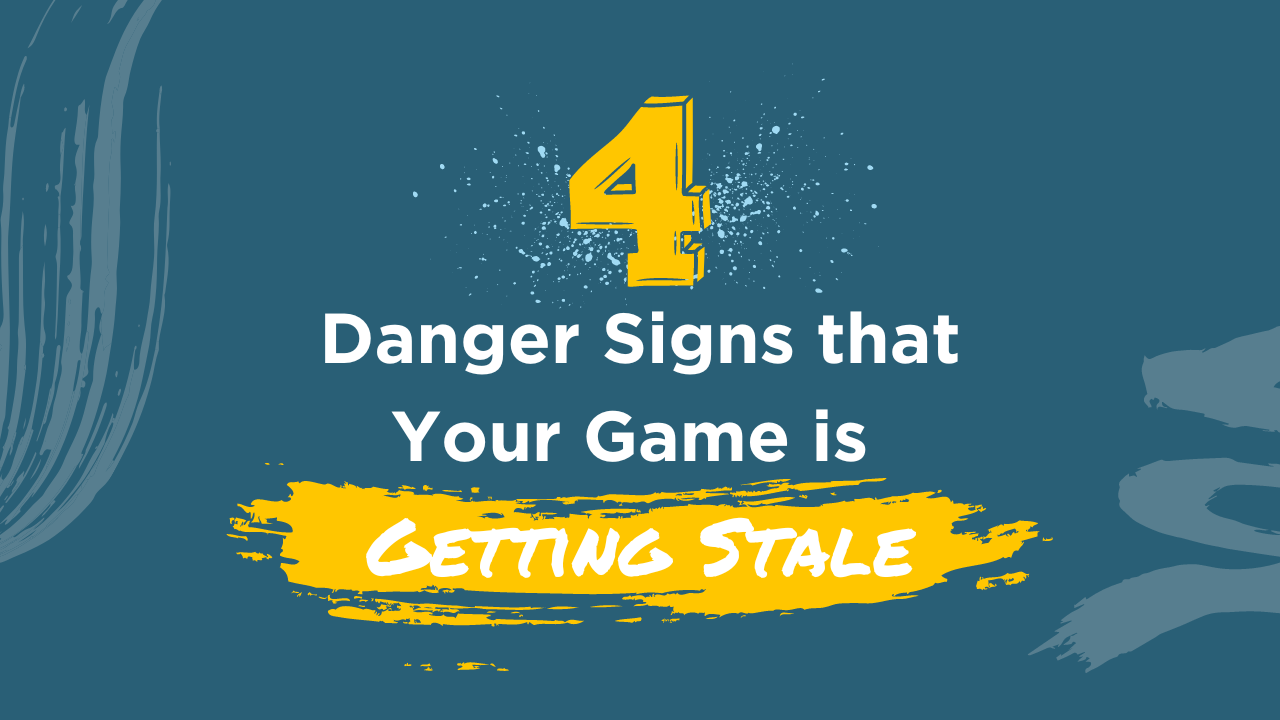Sometimes it can be hard to capture and maximize co-workers’ engagement levels during a huddle week in and week out. Increasing and maintaining focus and engagement should be a constant goal for any huddle leader. Take a look at these five easy-to-implement steps to create the ideal atmosphere for truly productive huddles.
Read More
Founded in January 2000 in Fort Worth, Texas, Texas Air Composites (TAC) repairs and overhauls aircraft for airlines and other private owners all over the world.
Read More
What can a truly engaged work huddle do for your Game play? There is tremendous excitement over the Great Game of Business when a company first begins to play The Game. The honeymoon phase usually lasts about as long as The Games are going well, but every once in a while, as a leader, you might be faced with some unengaged employees during your weekly huddles.
Read More
Playing The Great Game of Business can be a real rush, especially in the beginning. It’s a new concept for most people, so there’s an initial excitement when everyone is first figuring out how this all works. But the romance can fade, and if it does, The Game can become just another routine office chore. How can you tell if the romance is fading? There are four obvious danger signs. Individually, they can just be one or two people being grumpy, but collectively, they can signal that people are starting to take The Game for granted. So here’s what you need to be wary of:
Read More
Leading a meeting where everyone in your company is present doesn’t have to be an overwhelming, dreaded experience. Company-wide meetings or Huddles, can be engaging, educational and even interesting…if you format them in the right way. Here are four tips to make your company-wide Huddle a success:
Read More
You know from our last few posts that the Huddle Cycle is a series of meetings where financial and operational numbers are shared (and forecast) at a series of meetings. We’ve already explained the format of the first two parts of the process: The Pre-Huddle and the Management Huddle. The third and final part of the Huddle Cycle is the company-wide Huddle; or what most people think of as “the Huddle”.
Read More
Recently, we discussed the basics of the Pre-Huddle, the first step in the Great Game Huddle Cycle. Of course, in any process, there is an inevitable second step (and in this case a third, which we’ll discuss soon). The second step of the Huddle Cycle is the Management Huddle. This meeting takes place after company Pre-Huddles and provides a structure for information to be communicated through the company in a bottom-up fashion (as opposed to traditional management systems which filter information from management to employees).
Read More
“A well-executed Huddle creates focus, accountability, alignment (line-of-sight), and a sense of urgency to take action and drive improved results” Recently, we explained why you should hold weekly “Huddles” as opposed to traditional staff meetings and how to format those Huddles to ensure they are effective. However, a consistent format is only a small aspect of the overall Huddle framework. For a workplace Huddle to be most effective, you must get your team into the habit of communicating in a specific way. Complete the checklist below to see if your Huddles meet these 12 communication criteria:
Read More
In the Huddle Cycle, numbers are forecast and shared at a series of meetings (Huddles) from daily departmental check-ins to weekly company-wide gatherings. The Pre-Huddle is the first of three Huddles in the Huddle Cycle. In this workplace Huddle, the team reviews work-group performance, develops a financial opinion (or forecast) from operational performance and communicates this information up through the company.
Read More

.png)














.png)




-5.png)

